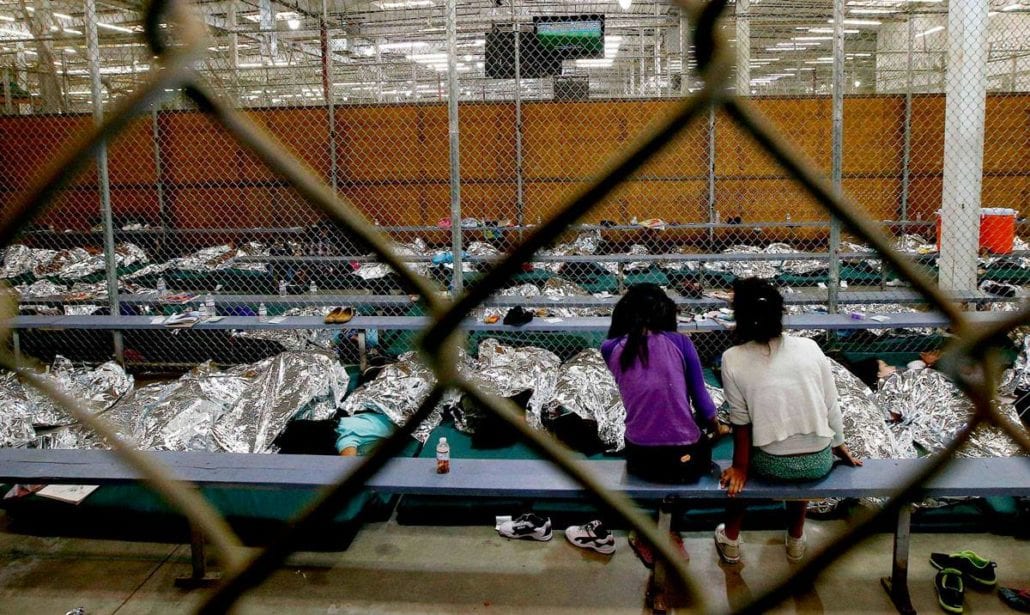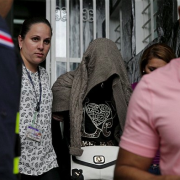Kino Border Initiative Report Reveals Shortcomings in Customs and Border Protection Complaints Process
BY ISN STAFF | July 12, 2017
NOGALES, AZ — A new report is shedding light on inadequacies within the Customs and Border Protection’s (CBP) complaint and oversight system when it comes to investigating allegations of abuse.
“Intake without Oversight: Firsthand Experiences with Customs and Border Protection Complaints Process,” is based on findings from 49 complaints filed by the Kino Border Initiative (KBI), a binational organization that works with migrants in Nogales, Arizona, and Nogales, Sonora, Mexico, on behalf of individuals in their aid center who report having suffered mistreatment during their migration journey. The report was produced by the KBI and the Jesuit Conference of Canada and the United States.
Despite some progress in improving the complaint process, KBI found that most complaints were only investigated by management at the local level and not by the independent oversight bodies tasked with accountability, such as the Office of the Inspector General and the Office of Professional Responsibility. Additionally, repeated complaints on similar issues or in similar locations are often not flagged and do not seem to influence training.
Of the 49 complaints, KBI has only been provided status updates on 13 investigations. Further, many investigations were closed for lack of evidence, because Border Patrol does not keep recordings of interviews and the investigative process often only involves asking the agent what he or she remembers doing or saying.

The report includes details from several cases, including that of a 21-year-old who alleges he was dragged and punched by Border Patrol in November 2015. He was not allowed to file a complaint while in Border Patrol custody, and since filing the complaint in November 2015, the only communication KBI has received on the complaint status is a notification from the Department of Homeland Security’s Office of Civil Rights and Civil Liberties that the complaint was included in their information collection.
An additional case involves a woman who was eight months pregnant and had an injured ankle when detained by Border Patrol in December 2015. While in custody, she informed the agents that she was pregnant and asked for food and medical attention. Despite her requests and in violation of the agency’s own standards, Border Patrol agents did not provide her with any additional food or snacks besides undercooked food and crackers to eat approximately every six hours. KBI filed a complaint on her behalf and in January 2016, the local station found it to be unsubstantiated because agents did not notice that she was pregnant and said they did not remember hearing requests for food or medical attention.

[Image via Kino Border Initiative]
The pattern of failed oversight exposed by the report necessitates, by the Department of Homeland Security and the U.S. Congress, increased funding for the Office of Professional Responsibility and the Office of the Inspector General, an established complaint hotline accessible from CBP holding cells, regular recording of interviews between migrants and Border Patrol agents to monitor compliance and the release of more regular information about action taken on complaints to the public and specific status updates to complainants.










Trackbacks & Pingbacks
[…] fails migrants, KBI and the Jesuit Conference of Canada and the United States are releasing a new report: “Intake without Oversight: Firsthand Experiences with Customs and Border Protection Complaints […]
Leave a Reply
Want to join the discussion?Feel free to contribute!